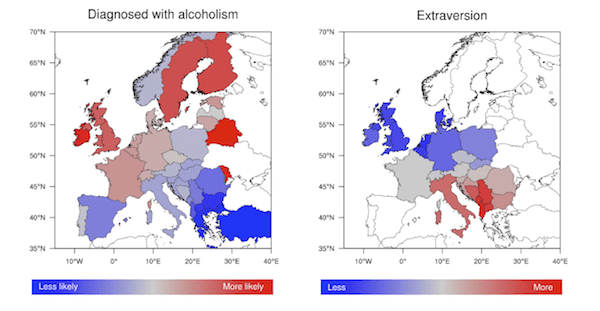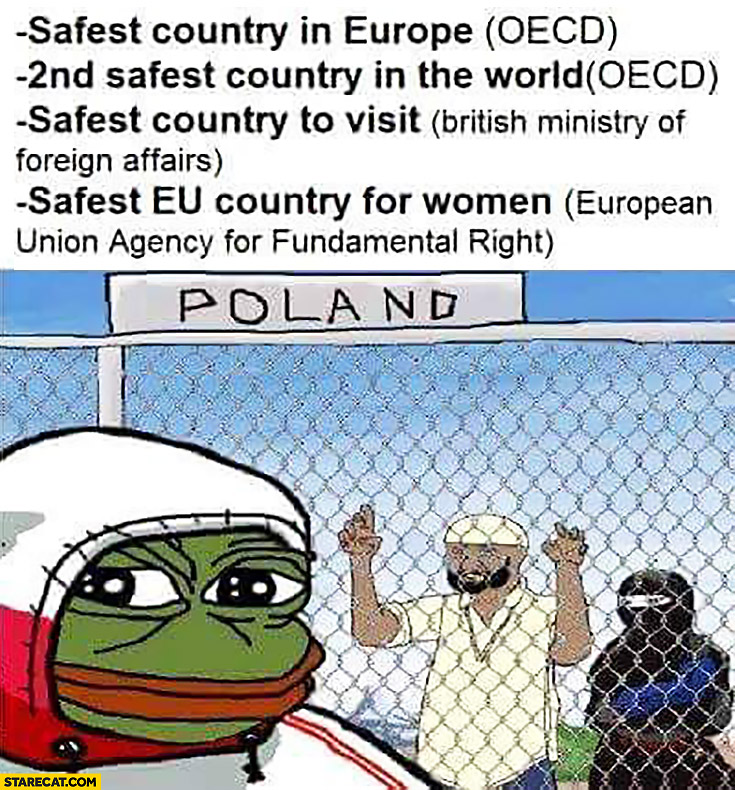SobieskiSavedEurope
Gold Member
- Thread starter
- Banned
- #421
It is called being objective and fair. Why don't you want to be objective when making your claims? I don't know, maybe you have a polish penis stuck up your ass?No you have a lack of substance.
You've not shown any Battles of the ones you think did better like Nazis, WHO LOST at near even numbers in Operation Barbarossa.
You've ignored all the Battles I've posted, and just have moved everything to WW2 which is 1 out of 1,000's of Wars Poland was in.
Spartans also lost some battles, so it doesn't really matter if Poles sometimes lost.
You're just looking like one with some serious bone to chew with Poland for no reason at all.
you want to claim great battles where the poles lost both the battle and the war, but dismiss anyone else who did the same.
No, you want to ignore Polish victories, and harp on Nazi German's lost.
Why?
Who knows you're a clown.
Objective?
You haven't even come close....None of the groups you mentioned are even competition for Poland's Golden Age...
The best military commander is definitely Genghiz Khan... But... Polish Boleslaw Chrobry, and Jan Sobieski are very close, in fact so are some others.
Furthermore, Poles have a more consistent victory margin than Mongols.
Also Swedes come very close to Poles in victories when outnumbered.
Yes Spartans for only a very brief period.
It's not Nazi Germany, or Confederates, who are even in question.... You sound like a moron to even discuss that.
I am taking Hannibal on offense because I think he would rapidly learn, Napolean for fighting a defense using offense. For digging in and simply holding out as long as possible, that list would be huge, it is a lot easier. Isreal fought and won 3 wars of annilihation in 25 years, I am hiring them if I want to play defense with conventional weapons.
Ghenghiz Khan on offense.
Jan III Sobieski on defense.
Battle of Podhajce (1667) - Wikipedia
Battle of Zboriv (1649) - Wikipedia
Battle of Khotyn (1673) - Wikipedia
Battle of Vienna - Wikipedia

/cdn.vox-cdn.com/assets/2116855/kudelskidapper-45987a60118d9361bd0c65b4f58a49ea7c152d63.jpg)









